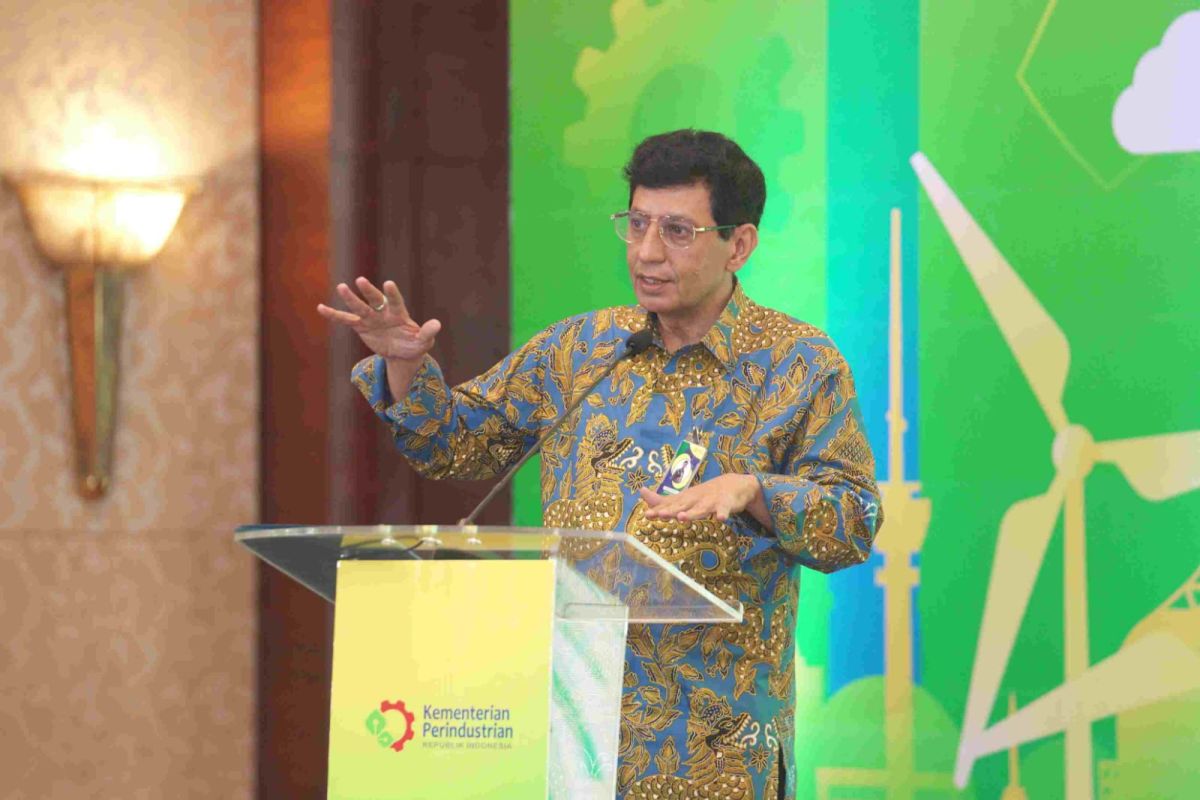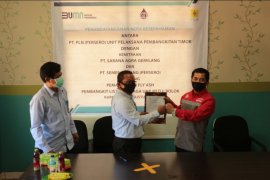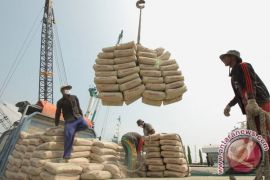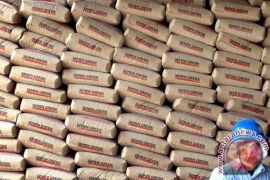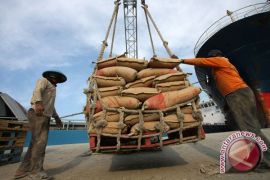This was conveyed by Taufiek Bawazier, Director General of Chemicals, Pharmaceuticals, and Textile Industries at the Ministry of Industry, during a visit to the Solusi Bangun Indonesia (SBI) cement factory in Bogor, West Java, on Monday.
Taufiek noted that national cement production capacity currently stands at 121.6 million tons per year, while demand is only around 70 million tons. This 50 million-ton gap results in low factory utilization and inefficient investment.
"This is a serious challenge for the industry. If left unresolved, it could lead to unhealthy business competition," he said.
He emphasized the need to control production capacity, including by imposing a moratorium on new cement industry permits in regions where the market is already saturated.
The ministry is also encouraging the optimization of exports to global markets. Several cement producers, such as Semen Indonesia Group (SIG), have already expanded to Australia, Oceania, and even the United States through international partnerships.
In addition, the development of environmentally friendly products has become a priority, as export destinations are beginning to implement carbon taxes and green product requirements.
"Strengthening the domestic component level policy is also a priority. Currently, local cement products have achieved a 60–70 percent domestic content level," Taufiek added.
He expressed hope that Monday's visit would yield concrete input for crafting competitive industrial policies that support sustainable development.
Related news: Indonesia's 3 mln housing plan to boost cement demand: envoy
Related news: Decarbonizing cement to pursue green development
Translator: M Fikri, Raka Adji
Editor: Anton Santoso
Copyright © ANTARA 2025
